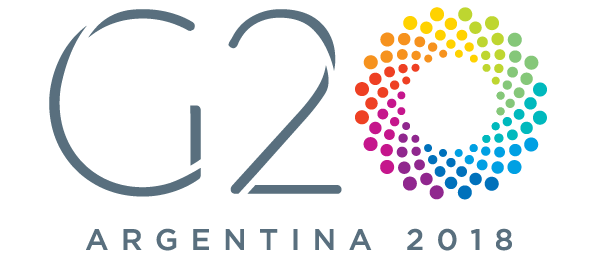
Despite earlier apprehensions about the difference of opinion on how to handle the rapidly evolving cryptocurrency market, G20 countries have agreed to take the first unified step toward regulating crypto-assets by July 2018. A gathering of the finance ministers & governors of central banks is already becoming a cause for concern for some members of the crypto-community.
The ministers and governors offered different suggestions to regulate crypto-assets. They are determined to ensure the proposed regulations become effective from July 2018. Argentina’s Central Bank Chairperson, Frederico Sturzenegger, said that the committee will first evaluate cryptocurrencies, by gathering more information, before they impose regulations.
It will not be easy for the G20 committee to regulate crypto-assets without having all the information they need. Sturzenegger pointed out that in July the committee would come up with specific recommendations on the data they would need and not what they would want to regulate.
China’s Clear Stance to Regulate Crypto-Assets
As seen in the past, China did not hold any secrets about what it wanted to do to regulate crypto-assets. The country does not just want to impose the rules, but also wants to create stricter laws for governing cryptocurrencies.
Some of the problems highlighted by the Chinese delegation about cryptocurrencies include money laundering, illicit trade, and terrorism financing. The delegation also expressed concerns about the power of cryptocurrencies to impact its macroeconomic policies, which could have detrimental effects on its overall economy. Even though the combined market capitalization of all cryptocurrency platforms is currently less than 1 percent of the entire world’s GDP, the Chinese believe that digital currencies could have widespread social implications.
Differences Still Exist Between G20 Members on Regulating Crypto-Assets
There are still differences about how to regulate cryptocurrencies between the G20 countries. Notably, the president of Brazil’s central bank made it clear that his country will not regulate cryptocurrencies. He also added that Brazil may not follow the regulatory decisions taken by G20 in this regard.
The G20 committee is applying the standards of FATF (Financial Action Task Force). The committee wants FATF to review the standards and advance the global implementation. The committee also called upon international standard-setting bodies for monitoring crypto-assets and risks associated with them, as per the given mandates.
Baby Steps by G20 to Regulate Crypto-Assets
Since there is not a lot of agreement among the G20 members on how to regulate the cryptocurrency space, the latest session only accounts for baby steps. The G20 members still need more data & information to again sit down in July and start discussing the next steps to take to regulate crypto-assets.
Countries like Brazil are already not agreeing with regulation of cryptocurrencies. Despite these differences, there is also an agreement & acknowledgement by G20 members of the technological innovation in crypto-assets which could potentially have positive effects on economies and the existing financial system.
Posted from my blog with SteemPress : https://cryptocoremedia.com/g20-members-regulate-crypto-assets/